
Tokischa: A provocative Dominican rapper and new sensation of Latin music
Some consider her image and her lyrics as controversial or provocative, but others admire her liberation.
Few artists can boast of having collaborated with Rosalía or J Balvin. Tokischa, the trendy urban singer from the Dominican Republic, is on the rise. With her bold and brash lyrics, she is being hailed as one of the biggest Caribbean musical figures of the moment. Some consider her image and her lyrics controversial or provocative, but others admire her liberation.
In an interview in the New York Times, the 26-year-old artist openly spoke about her bisexuality, carnal pleasures, drugs and urban rhythms. As highlighted by the newspaper, most of her lyrics are "unpublishable," due to the use of Dominican slang, abundant sexual references and encouraging the use of narcotics.
Tokischa encourages controversy to gain media attention. Last year, she had to pay a fine and apologize after posting clearly erotic photos in front of a mural of the Virgen de la Altagracia, patron of her country. Months later, she appeared disguised as a vagina at the Latin Billboard Awards. According to a Dominican columnist, the rapper's lyrics "disrespect a population that fights to preserve family values."
Conservative sectors repudiate her, but for many young people she is an icon to follow. They see her as a 'queer rebel' who posits open sexuality in a positive light, a figure leading the libertarian struggle against state policies considered repressive and outdated. One of her most iconic images of her is kissing on stage with Rosalía, surrounded by half-naked dancers.
{"preview_thumbnail":"/sites/default/files/styles/video_embed_wysiwyg_preview/public/video_thumbnails/CmmTz3W-JO0.jpg?itok=_STicfbd","video_url":"https://www.youtube.com/watch?v=CmmTz3W-JO0","settings":{"responsive":1,"width":"854","height":"480","autoplay":1},"settings_summary":["Embedded Video (Adaptable, autoplaying)."]}
RELATED CONTENT
“They say a lot of things about me. That I'm not an artist, that I'm crazy, that I'm a drug addict. I am not offended, because I am clear and I know what happens to me. I know who Tokischa is and what she is doing,” Tokischa said during the interview.
The rapper was born in Los Frailes, a workin class neighborhood of Santo Domingo. After the separation of her parents, she went with her mother to the U.S., where she lived in multiple places with aunts, godparents and other relatives. Her father was in prison. So much instability was the fertile ground for a troubled adolescence. She got into fights with classmates, talked bad to teachers, and was frequently punished.
But inside, her creativity expanded: “I always drew and wrote. I closed myself in the room to see myself in the mirror and act,” she confessed. She grew up among Caribbean rhythms like merengue, dembow and bachata, but later she opened her range of influences to bands and artists like Pink Floyd, Bob Marley, Nicki Minaj and Rihanna. "I didn't know how, but I knew that I was going to be a great artist," she said. Tokischa now had a clear path to follow.
After the release of her first single “Pícala,” she defined her sharp voice that gives off eroticism and provocation in each phrase. Then came more dembow-based singles, such as “Desacato Escolar” and “El rey de la popola.” Her jump to the big record companies was confirmed with “Perra,” a song released with J Balvin, and “La combi Versace” and “Linda,” songs alongside Rosalía.



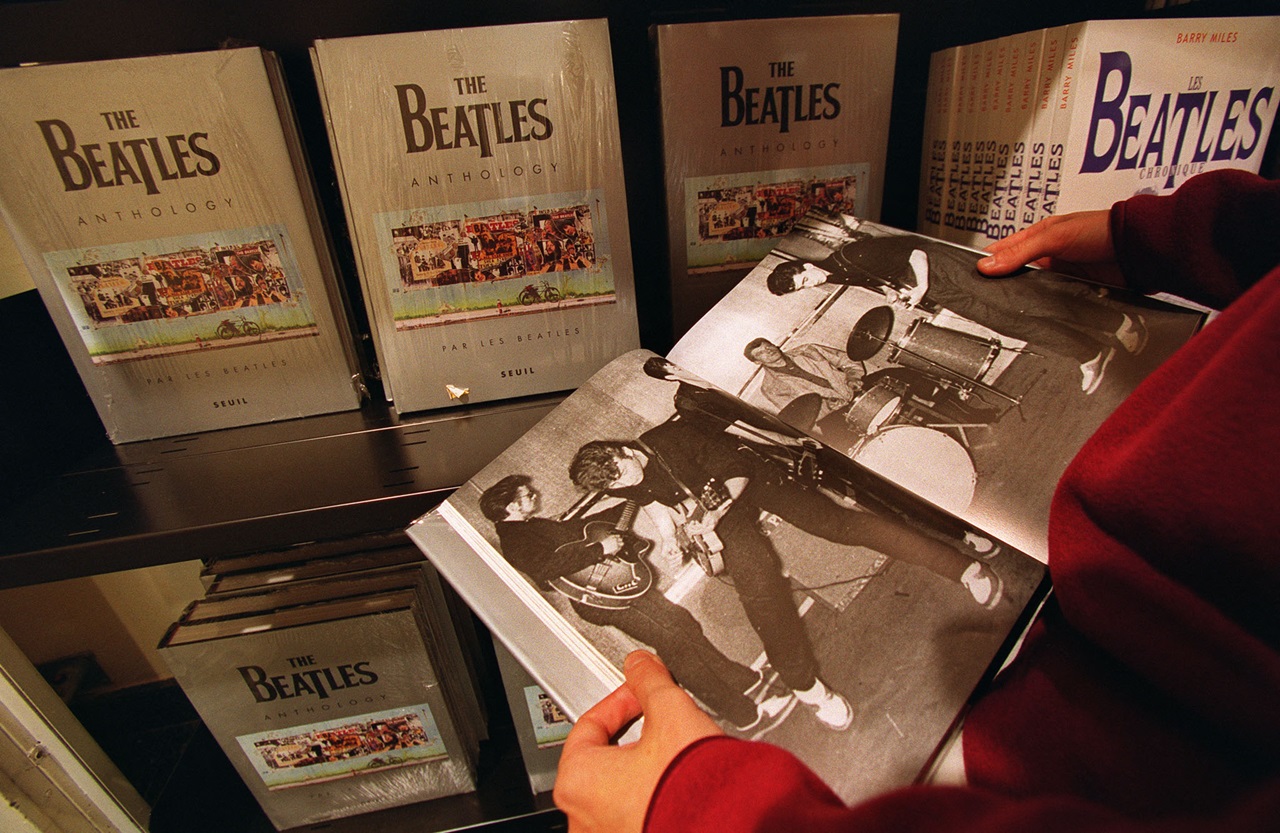
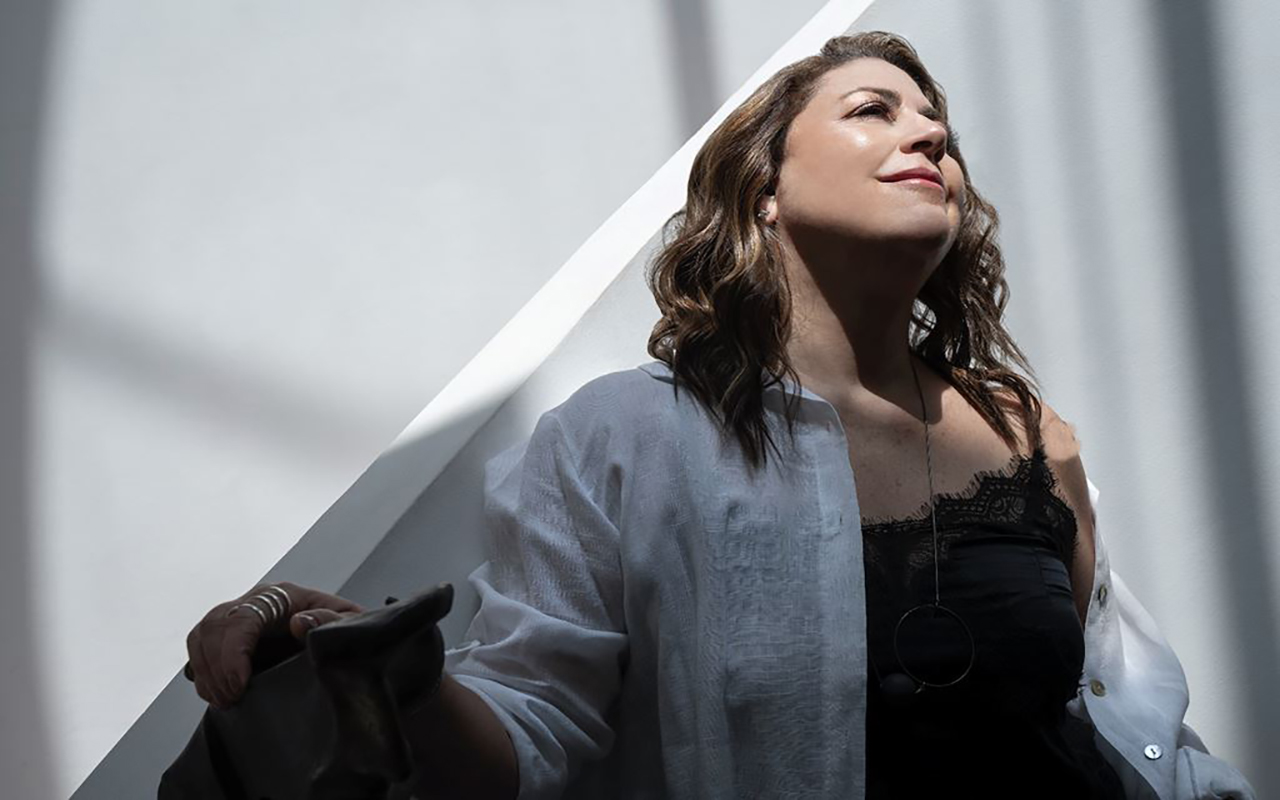
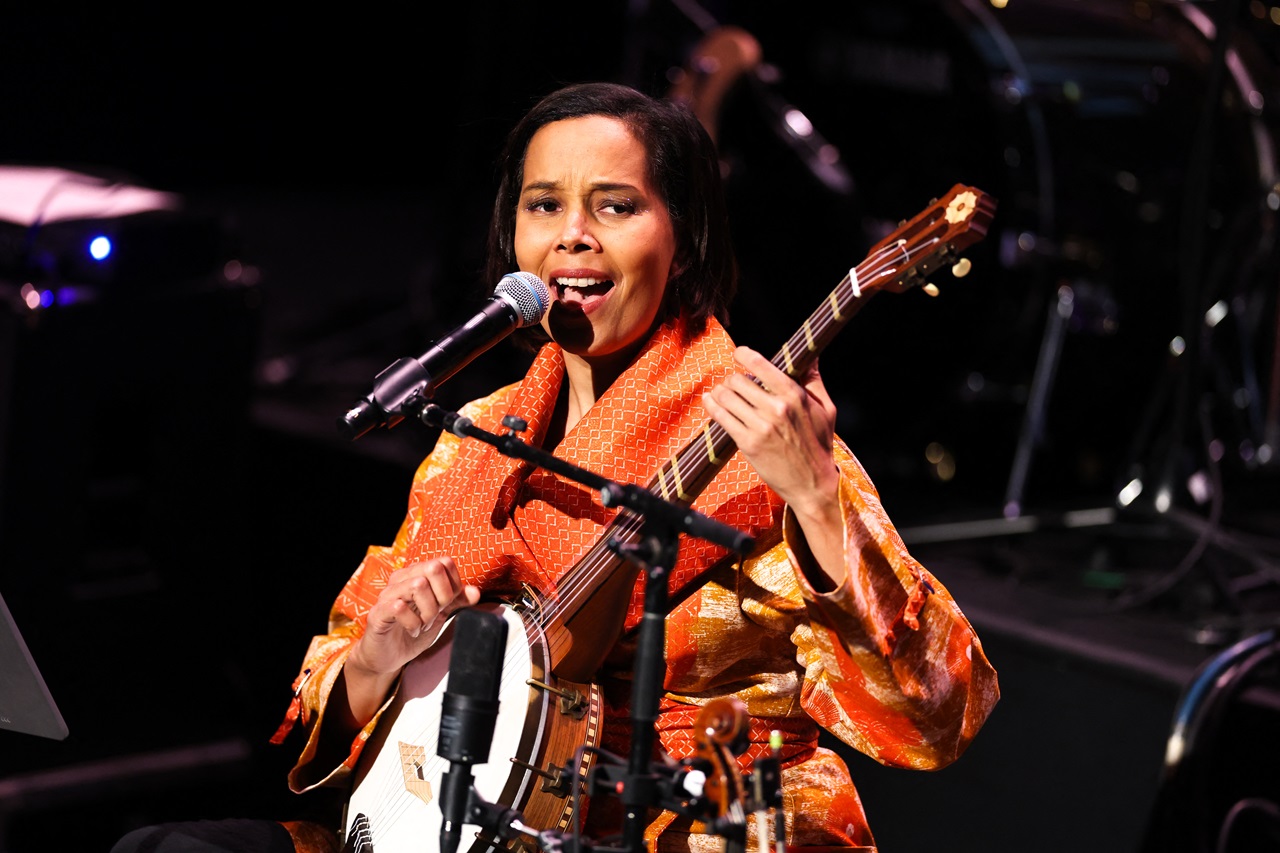
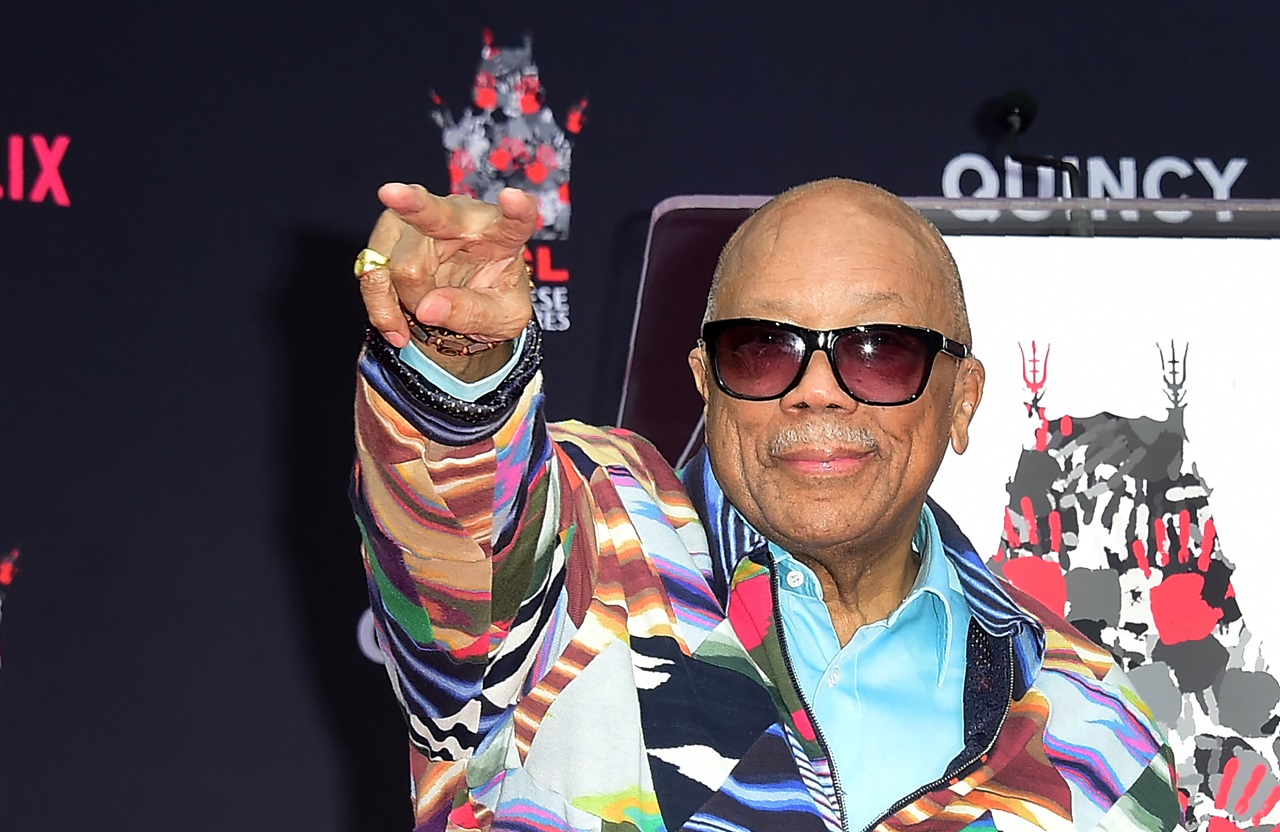


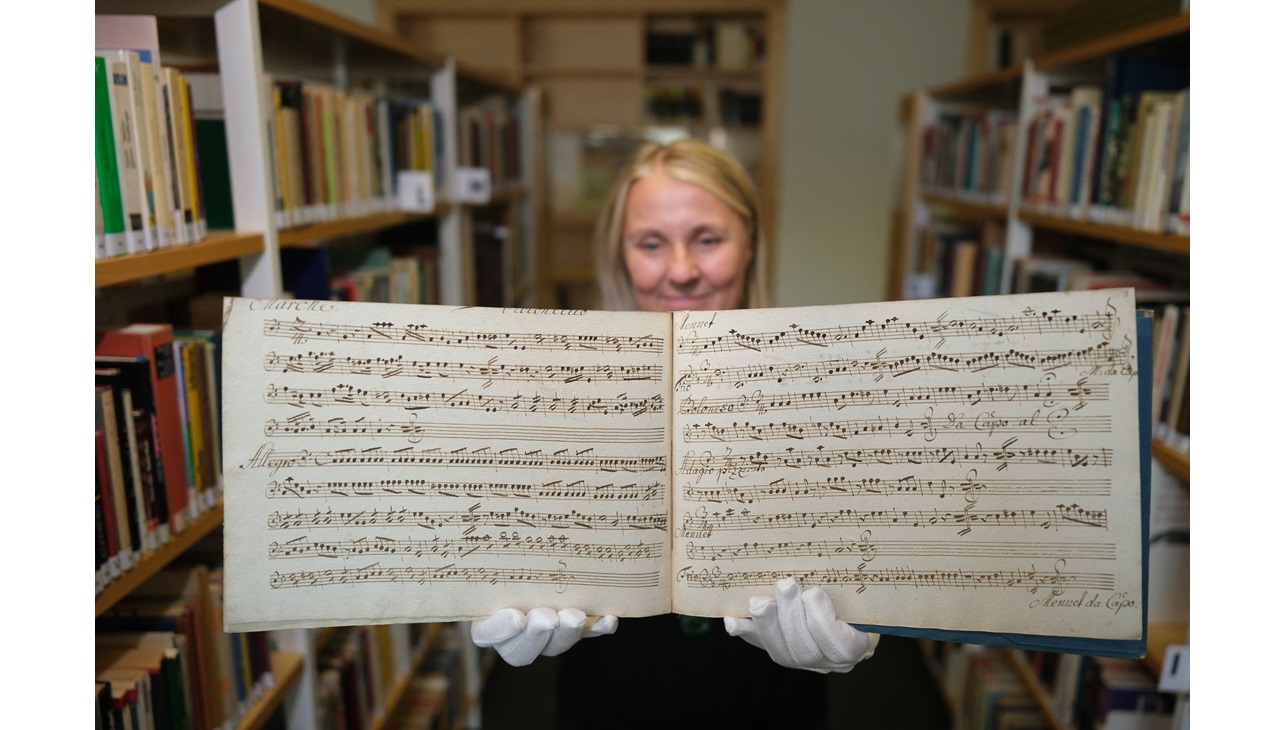

LEAVE A COMMENT:
Join the discussion! Leave a comment.